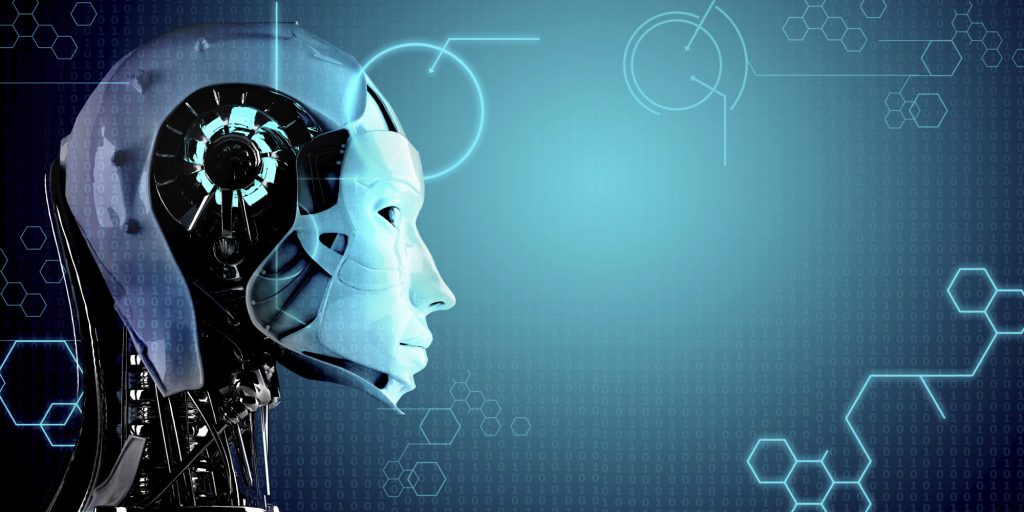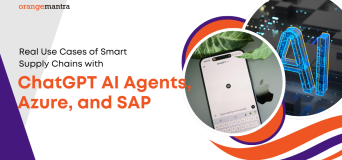Artificial Intelligence is perhaps the most trending technology of today’s times. However, the idea is not so new as the term AI dates back to 1955 when it was first conceptualized as machines taking over human tasks. This might have appeared to be a remote possibility at that time but decades later, it has become a tangible truth. Today, AI is empowering machines with the ability to mimic human cognitive processes. The technology enables them to learn, reason, predict, infer, and initiate actions, much like humans do. They are even crossing the realms of decision-making, as tech advancements are making them capable of creative actions.
This is one technology that is poised to change the future. However, it would be wrong to consider Artificial Intelligence as a singular entity. Rather the technology is a set of technologies that work in conjugation. Let’s have a look at the ones that make AI the powerful technology that it is:
(1) Natural Language Generation
As the name suggests, Natural Language Generation refers to generating narrative texts from structured computer data. The technology writes like human beings but at the amazing speed of computers. It enables the generation of universally understandable narratives such as product descriptions, financial reports, BI insights, and more. The technology is used in various industries such as e-commerce, real estate, financial services, and media and advertising.
Real-Life Use Case: Natural Language Generation software is being widely used for personalized customer communication. It enables the creation of content for landing pages, emails, social media posts, and in-app messages. The content is designed according to individual preferences and promises to keep customers engaged with the brand.
(2) Natural Language Processing
Natural Language Processing, another component of AI, applies text analytics to understand the human speech. It encompasses the comprehension of sentence structure, its meaning, intent, and sentiment through various statistical and machine learning methods. The technology finds its use as a part of security and fraud detection applications.
Real-Life Use Case: The most common instance of the real-life use of NLP is in the form of smart gadgets which act on voice command. For instance, a home appliance designed using NLP is programmed to run on the spoken instructions of the homeowner.
(3) Virtual Assistants
Another technology that makes a key element of AI is that of virtual assistants. These smart chatbots have taken customer service to a new level, besides reducing the dependence on human customer support. These software programs have the ability to comprehend natural language and communicate with people via a conversational interface.
Real-Life Use Case: Chatbots are becoming an integral part of AI-based mobile apps for e-commerce. These intelligent software systems replicate live agents and interact with customers in a manner that closely resembles human interaction.
(4) Machine Learning
Machine learning and artificial intelligence are used synonymously but the former is actually a subset of AI. Machine learning is the process whereby computers are able to find hidden insights in the data without being explicitly programmed to do so. For this purpose, they use algorithms which iteratively learn from data. The software applies statistical analysis and predictive analysis for identifying the patterns in data and taking requisite actions.
Real-Life Use Case: Machine learning serves as a powerful recommendation tool for online sellers. The software recognizes the user behavior pattern on the basis of searches and shopping history and delivers relevant product recommendations accordingly.
(5) Speech Recognition
This technology converts human speech to a format that is understandable and useful for a computer application. The applications enabled with speech recognition can comprehend words and sentences and convert them into a machine-readable form. This form of AI finds usage in call routing, voice search, voice dialing, and speech-to-text processing.
Real-Life Use Case: The modern day call routing services are probably the best example of practical usage of speech recognition technology. Things become much easier as users just need to speak a name rather than type in a number to dial up a call.
(6) Deep Learning
Deep Learning is a specific type of machine learning which related to algorithms that are inspired by the brain, both structurally and functionally. It replicates the activity that takes place in the layers of neurons inside the human brain. The software is able to recognize the patterns in the digital representations of images, sounds, and other forms of data.
Real-Life Use Case: Deep learning has found immense use in the healthcare sector as it forms the core technology for robotic surgeries. Such surgeries require immense precision and dexterity and only a deep learning-empowered software can handle such a complicated procedure.
These are some crucial components of the advanced technology of Artificial Intelligence. Each of these technologies finds a place in almost every industry vertical today. Whether it is retail, manufacturing, construction, e-commerce, healthcare, or any other segment, AI and related technologies are making it big. Moreover, they are all poised to make it bigger in future.























